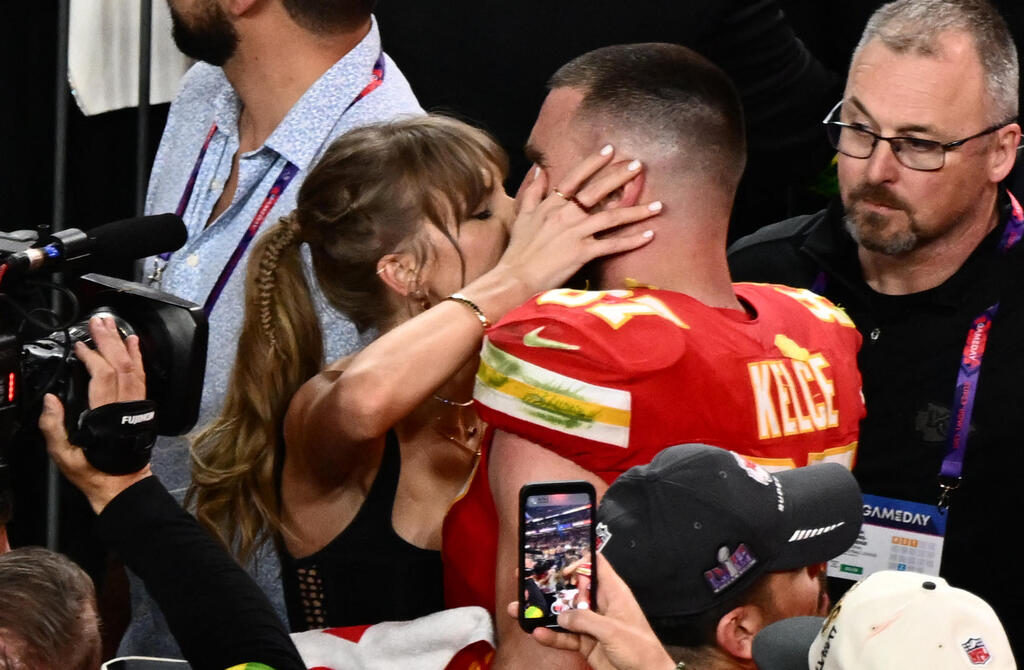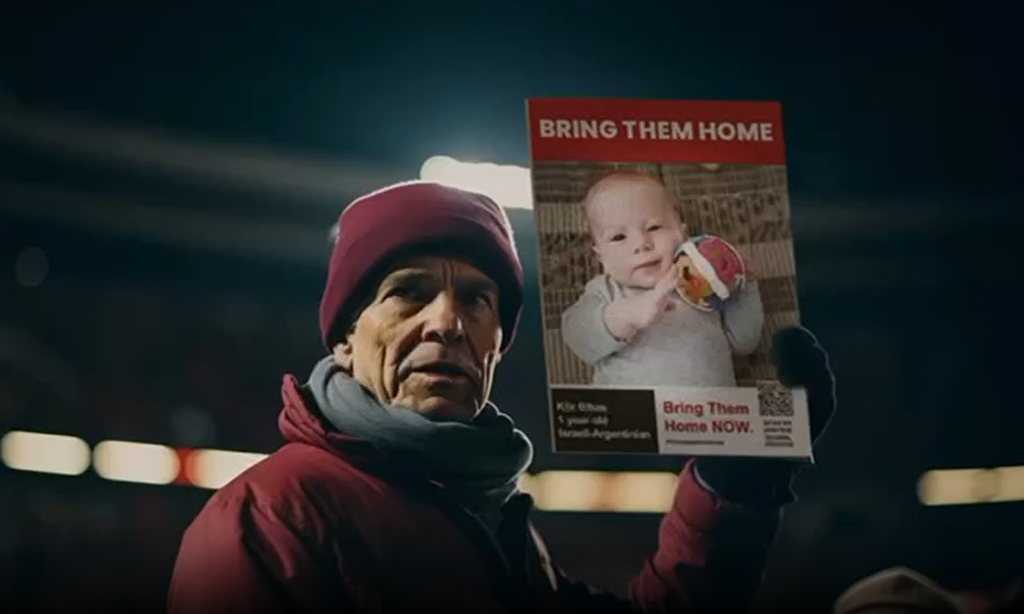Super Bowl 58 will be remembered for the Kansas City Chiefs' victory, Patrick Mahomes' second consecutive MVP crown and the moment Taylor Swift unexpectedly turned cheerleader at one of America's most cherished sporting events of the year, boosting Travis Kelce's status even among those who aren't football fans.
More stories:
In addition to these highlights, the event featured an abundance of advertisements. Despite the cost of advertising reaching $14 million per minute, $7 million for a 30-second slot, advertisers were undeterred.
Brands from various sectors, including confectioneries like Lindt, Oreo, Nerds, M&M's, fast food chains such as Popeyes, car manufacturers like Kia, insurance companies, beer and cellular services, all advertised during the Super Bowl, often with more than one commercial.
One of the most prominent (if not somewhat annoying) advertisers during the broadcast was Temu, the Chinese competitor to AliExpress and Shein, which operates a website and app selling low-cost products. It bombarded viewers with overly simplistic ads encouraging them to "shop like a billionaire."
The company also advertised in 2023 but appeared to have doubled its investment in this year's big game, making it unclear whether Taylor Swift's facial expressions or Temu's ads were more prevalent.
2 View gallery


Taylor Swift and Kansas City Chiefs' Travis Kelce at Super Bowl
(Photo: Patrick T. Fallon / AFP)
Another growing trend is the proliferation of celebrities endorsing trivial products. If the Super Bowl advertising lineup were a superhero, its superpower would be celebrity endorsements.
An unbelievable array of pop stars, movie actors, TV personalities, reality stars and TikTok influencers starred in the commercials, with brands rarely settling for just one celebrity. It seems no one is shy anymore about promoting a snack or doughnut for a respectable sum of greenbacks.
Among the stars featured were Sir Anthony Hopkins, Sir Patrick Stewart, Aubrey Plaza, Scarlett Johansson, Post Malone, Ice Spice, Bradley Cooper, Laura Dern, Vince Vaughn, Wayne Gretzky, Dan Levy and Lil Wayne.
In one ad, viewers could spot J.Lo, Ben Affleck, Tom Brady, Jack Harlow and Matt Damon. Another commercial featured Tina Fey, John Krasinski, Jack McBrayer and Glenn Close.
Kris Jenner endorsed Oreo as "pre-reality show Kris," Chris Pratt appeared as the Pringles Man, Edie Falco represented PETA in a compelling display of sadness and anger over stolen cheese, and Martin Scorsese directed and starred in a Squarespace ad.
While many of these actors are veterans, the appeal to younger audiences wasn't missed: a brief clip of Cardi B saying, "That’s suspicious, that’s weird" for an NYX ad has already become a viral TikTok soundbite.
In a groundbreaking move, the Super Bowl broadcast featured an ad by the Israeli government calling for the release of the 136 hostages held by Hamas in Gaza, focusing particularly on the abducted fathers.
The response among pro-Palestinian audiences was unimpressed, with very cold reactions on X. One user wrote, "Zionists are advertising in the Super Bowl while bombing refugees in Rafah" (a few hours later, it was revealed that two hostages held in Rafah, near displaced persons' tents, were rescued).
Another user wrote, "If Israel has money for ads, then why does the U.S. need to approve aid to it when we are in a recession" (neglecting to mention that Israel is one of the U.S. arms industry’s top clients).
The Foundation to Combat Antisemitism, led by Robert Kraft, the Jewish owner of the New England Patriots, aired a series of commercials. One featured Dr. Clarence B. Jones, who assisted Martin Luther King Jr. in writing his iconic "I Have a Dream" speech, highlighting that silence implies consent to hate.
Another poignant ad depicted a neighbor of a Jewish woman and her daughter, appalled to discover a swastika graffitied on their garage door. Despite remaining silent throughout the commercial, the neighbor takes action instead of standing by.





